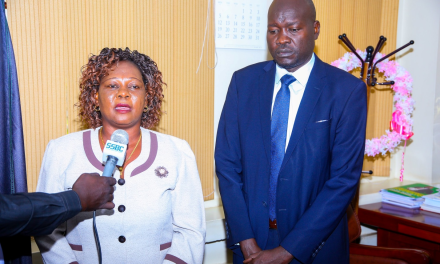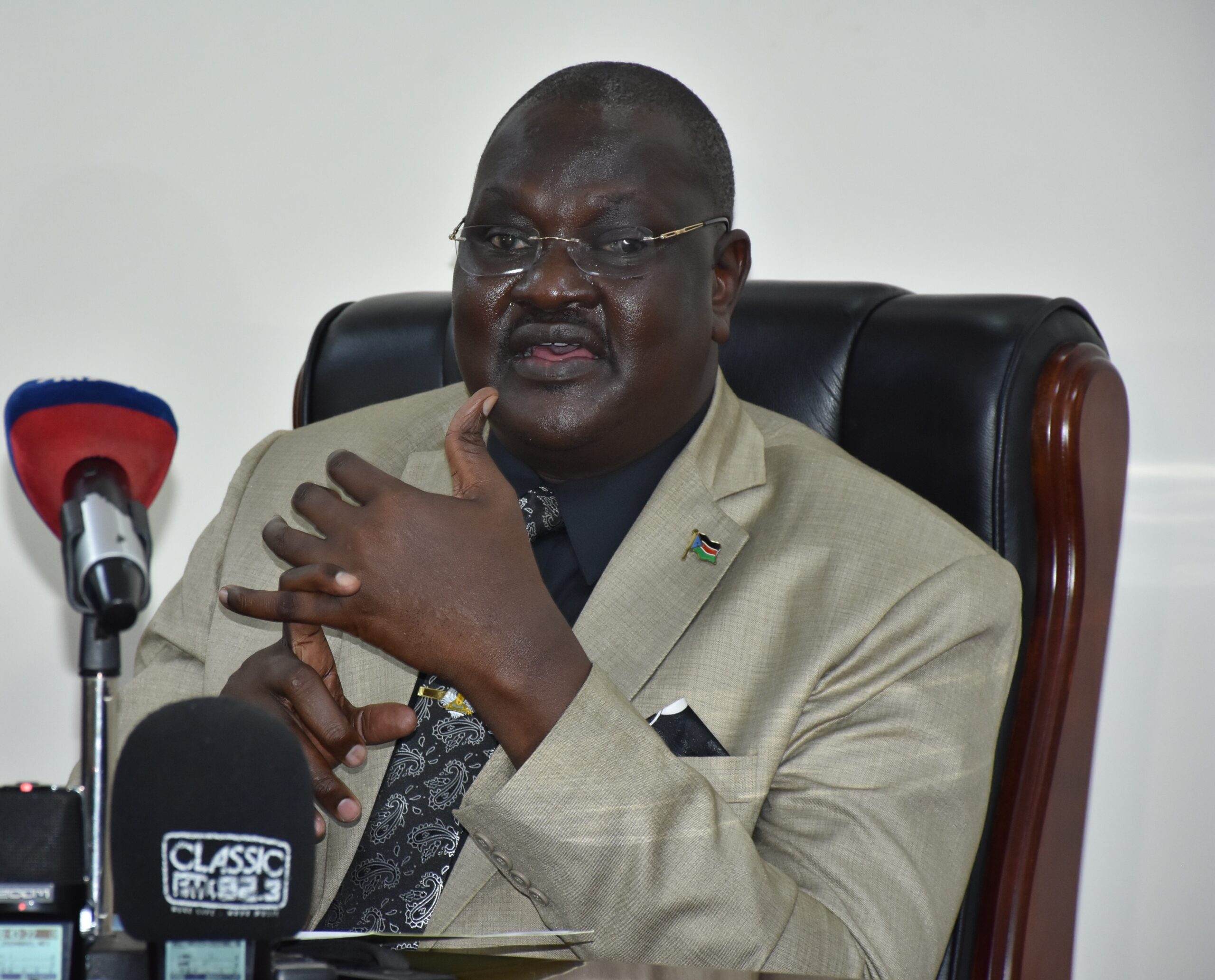
China, Africa in fast lane of high-quality cooperation
By Xinhua
CHANGSHA, June 30 (Xinhua) -- As the sun sets over eastern Uganda, a newly constructed road is illuminated by two rows of white solar lampposts, warmly welcoming drivers, pedestrians and villagers on leisurely strolls. The 73-km road linking Kapchorwa and Suam is undergoing an upgrade. Located at an average altitude of over 2,000 meters with complex geology, the project is described by local officials as one of the most difficult large-scale infrastructure projects in the history of Uganda. To complete the project within this year, the Chinese contractor brought forth advanced machinery, extensive expertise in constructing roads in mountainous regions in China, and an inventory of 1,960 solar lights. "When we first arrived, we saw the local areas did not have electricity, but boast plentiful sunlight. So we decided to erect the solar lights," said Lu Zhong, a project manager with the Chinese company. "Now the lights have made it safer for nearby residents to go out at night." At the third China-Africa Economic and Trade Expo, which opened in central China's Hunan Province on Thursday, many such stories exemplify the evolving China-Africa cooperation, which is becoming increasingly smarter, greener and advanced, drawing strength from China's modernization drive. Addressing the opening ceremony of the expo, Chinese Vice President Han Zheng said China is willing to provide new opportunities for Africa through Chinese modernization and high-quality development, and will make the pragmatic cooperation between the two sides deeper and more solid. FROM INFRASTRUCTURE TO DIGITALIZATION As Africa's largest trading partner and its fourth-biggest source of investment, China has prioritized high-quality development on its path toward modernization, which requires the country to cultivate new growth engines such as next-generation information technology, new energy and green industry, and promote high-standard opening up. According to experts, this dedication to high-quality development has injected renewed vitality into the implementation of the nine programs announced in 2021 to strengthen China-Africa cooperation. These programs encompass a wide range of areas, such as digital innovation and green development. Over the years, cooperation between the two sides has extended from trade and construction to emerging areas like digital infrastructure, green development, aviation, and space exploration, according to Vice Minister of Commerce Li Fei. During the expo, Chinese firms that traditionally focused on hydropower facilities said they were working to deliver a more diversified portfolio of new energy projects to help Africa tackle the perennial power crunch. China Energy Engineering Corporation Ltd. (CEEC), a power infrastructure heavyweight, said it has implemented 42 clean energy projects in Africa, including hydro, solar and wind power stations, with a total installed capacity of 14.11 gigawatts. One such project under construction is the Biovea biomass power plant in Cote d'Ivoire. Poised to become the largest biomass power plant in West Africa, it will utilize locally abundant palm leaf residues as fuel to generate electricity for 1.7 million people. The project will also increase the income of 12,000 palm growers by 20 percent and reduce 4.5 million tonnes of carbon dioxide emissions annually, said Zhu Honggang, CEO of CEEC Northwestern Africa Regional HQ. Zhu added that China has developed a mature industrial chain in infrastructure and energy sectors, from project design to manufacturing of photovoltaic panels, allowing Chinese companies to bring new energy projects to Africa at a relatively low cost. Digital infrastructure is another rising star in China-Africa cooperation, which is drawing strength from China's newly acquired forte in this area. According to China General Technology (Group) Holding Co., Ltd (Genertec), it has increased participation in the construction of Africa's information and communication infrastructure in recent years. In Ghana, the company is installing more than 2,000 communication towers to provide stable communication services for rural residents and support the West African nation's endeavor to bridge the digital divide. "China-Africa cooperation is expanding from conventional infrastructure to digitalization, from visible roads to virtual networks," said Luo Di, a company representative who was present at the expo. "We are leveraging China's experience in urbanization to help accelerate Africa's development. It will no longer take decades, as it did in the past. We may see remarkable outcomes within just a few years," Luo said. WELCOME, MADE IN AFRICA! The import of African agricultural and food products is another focus at the expo, with traders marketing a myriad of specialty products ranging from South African wine to Nigerian dried ginger. China has become the second-largest destination country for African agricultural exports. In the first five months of this year, China imported 16.15 billion yuan (about 2.24 billion U.S. dollars) of African agricultural and food products, up 26.5 percent year on year. Behind the rapidly growing imports is a range of favorable policies and customs cooperation that have enabled an expanded variety of African farm products to reach the shelves of Chinese stores, including coffee from Ethiopia, cashew nuts from Tanzania, cocoa from Cote d'Ivoire and avocados from Kenya. Days before the expo, Kenya flagged off the first consignment of anchovies destined for the Chinese market. Salim Mvurya, cabinet secretary for the Ministry of Mining, Blue Economy and Maritime Affairs, termed the inaugural shipment of anchovies to the Chinese market as "a historic moment for the country." During the expo, a slew of measures on sanitary and phytosanitary (SPS) cooperation, including the establishment of a liaison mechanism, were announced to facilitate African exports of agricultural and food products to China. As a trailblazer in China-Africa cooperation, the province of Hunan has also promised heightened efforts to standardize the inspection and quarantine of African agricultural products that have entered into deals at the expo, helping them gain market access in China. Chi Yuwen, the founder of Chebango EPZ Tea Company Ltd., attests to the positive impact generated by the deepening China-Africa cooperation on agricultural and food trade. His Kenya-based factory imports Chinese tea-making equipment free of tariffs and their tea products enjoy duty-free entry into China. "By combining the excellent quality of Kenyan tea and Chinese tea-making techniques, we are confident about gaining a foothold in China's vast and competitive tea market," Chi said. Enditem




































